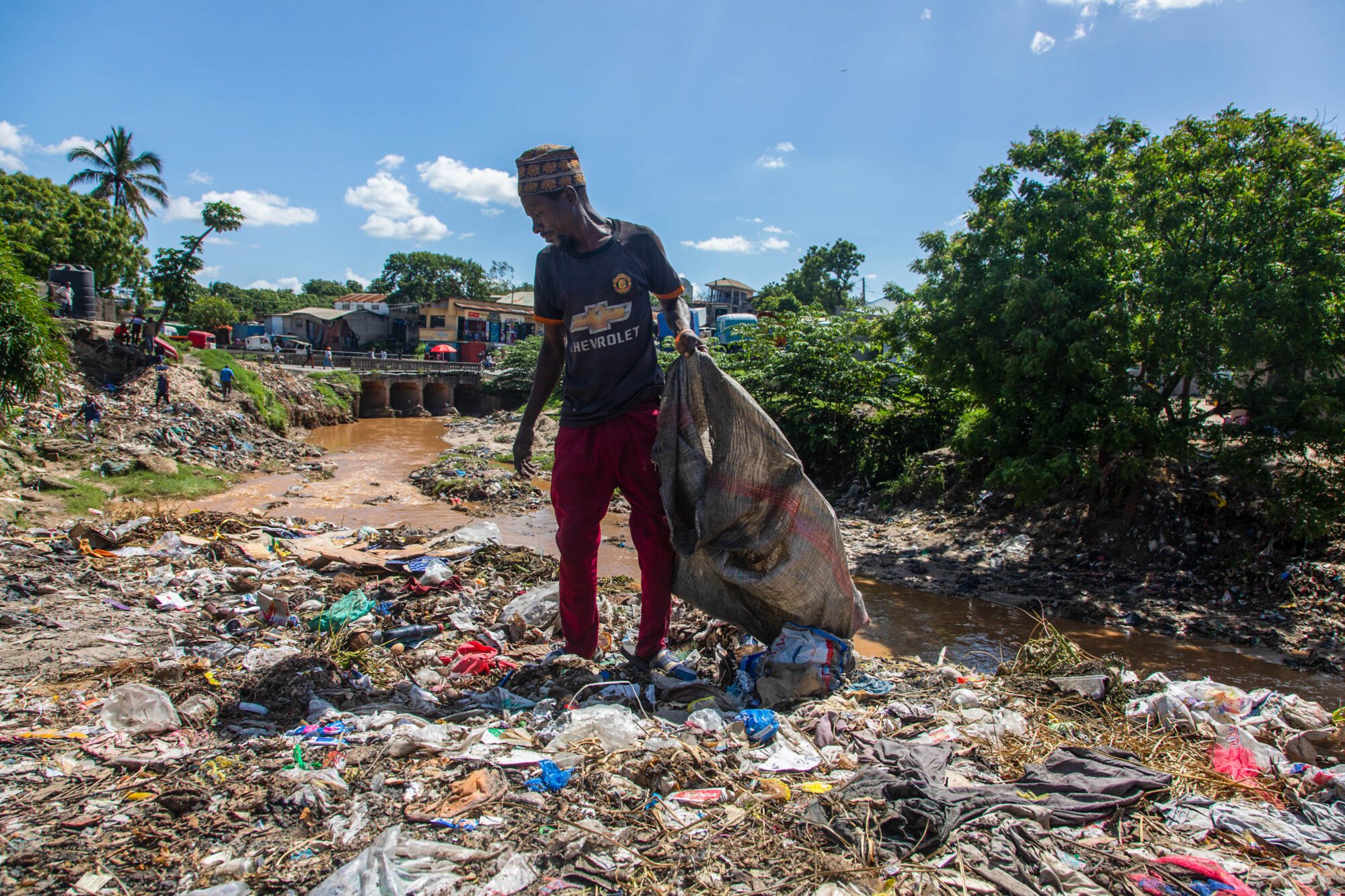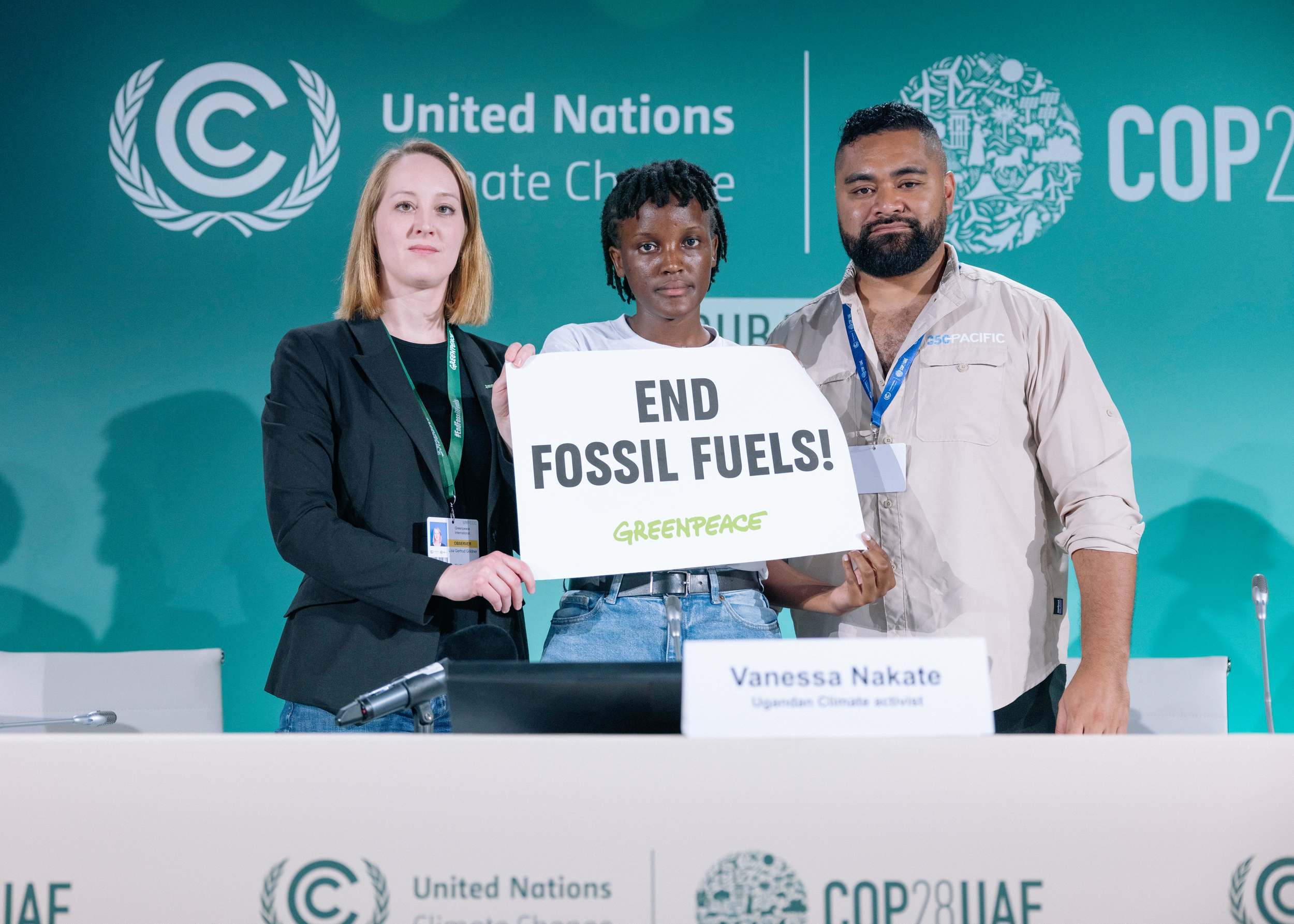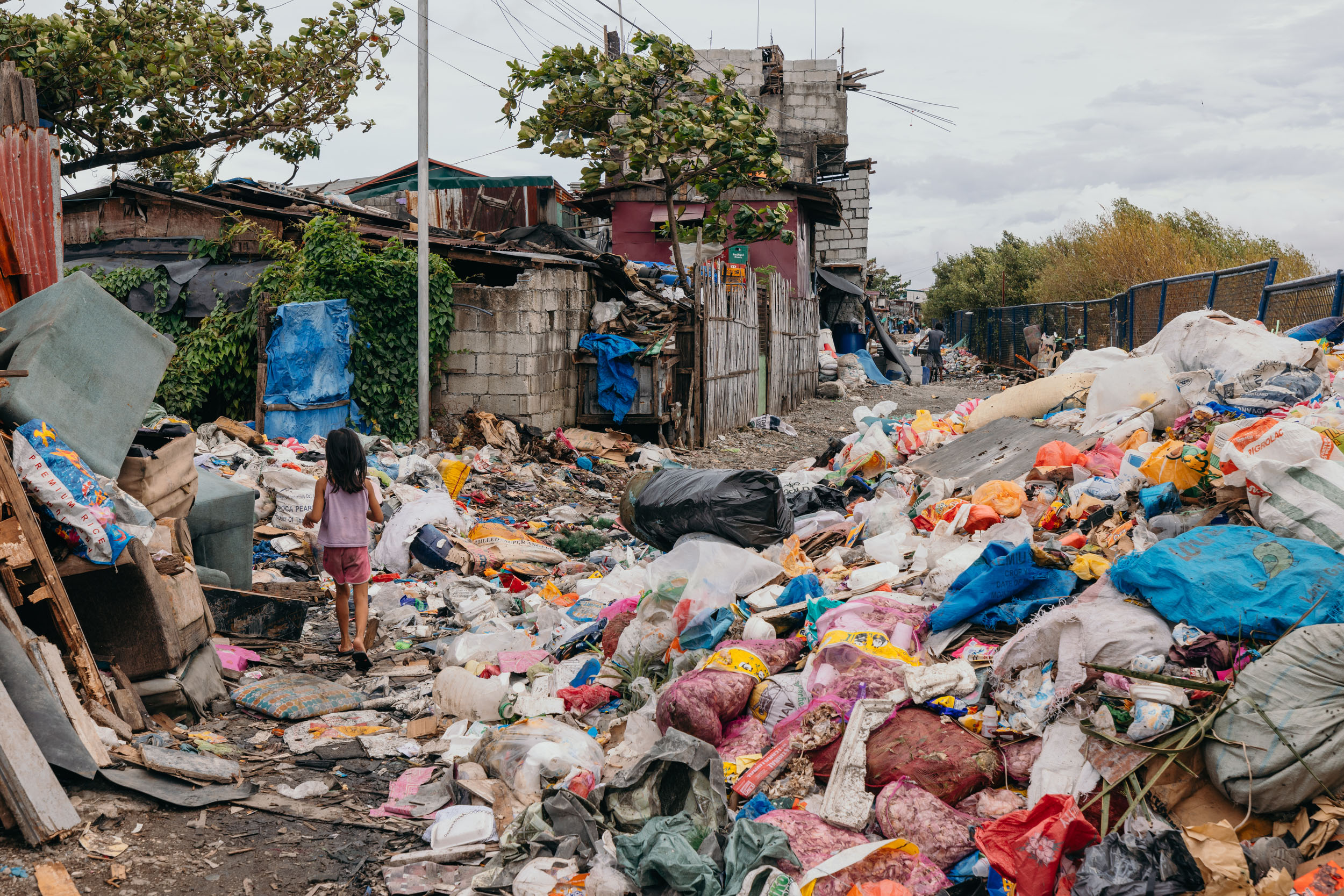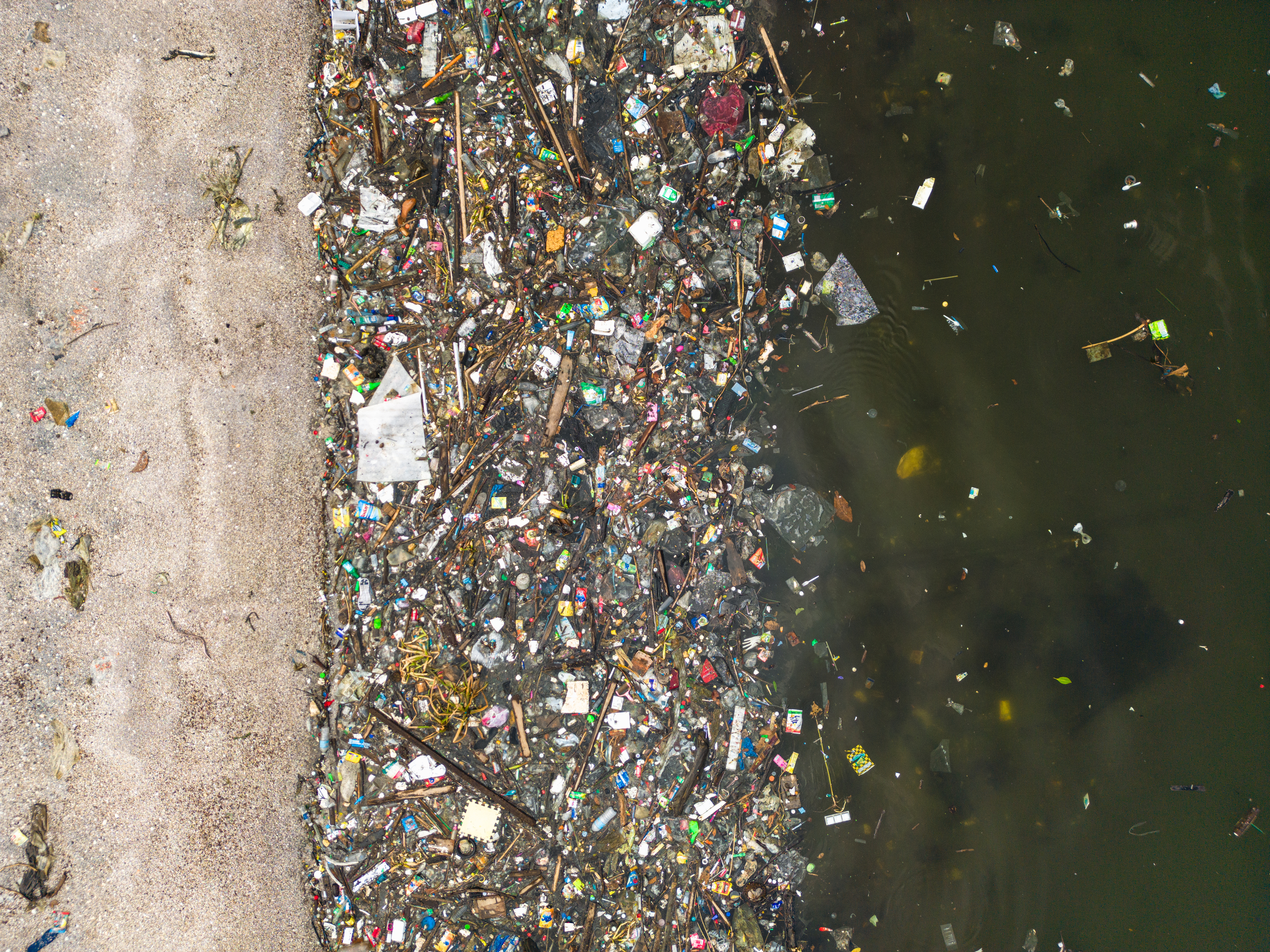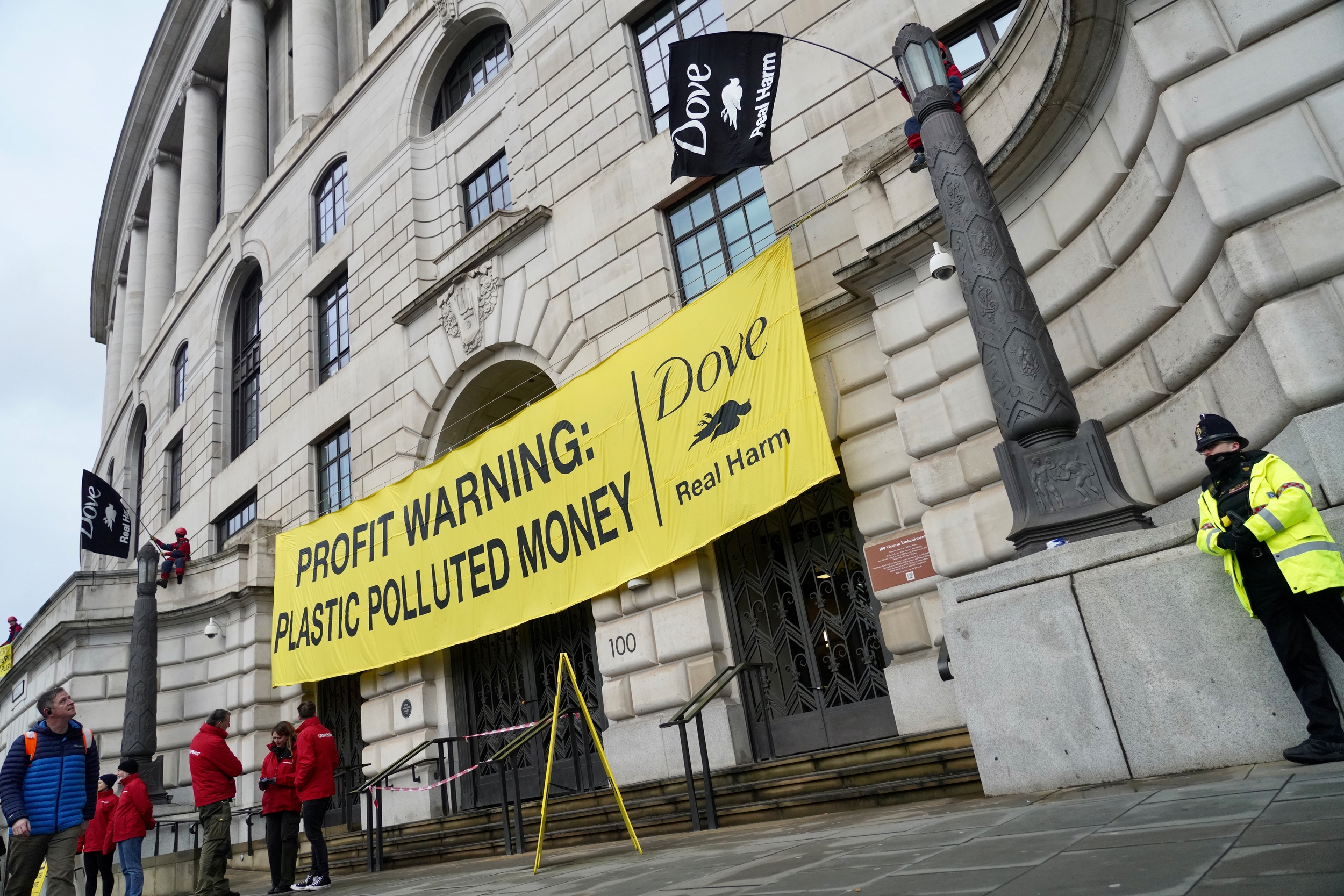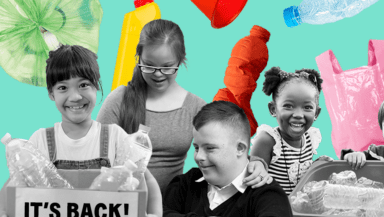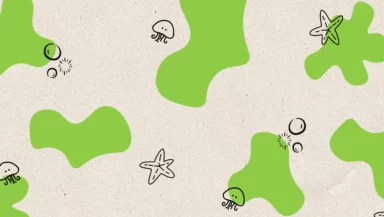What challenges do waste pickers face?
Despite the crucial role waste pickers play in tackling the plastic pollution crisis, and their extensive experience and knowledge of waste collection and recycling, waste pickers’ work often goes unrecognised.
Their human rights and livelihoods are not sufficiently protected by governments, or respected by businesses.
Waste pickers often do not receive a living wage, and endure poor working conditions. Many waste pickers face discrimination, harassment and exclusion from decision-making processes which affect their lives and livelihoods.
How can the Global Plastics Treaty help waste pickers?
The Global Plastics Treaty is a once-in-a-lifetime opportunity to help people living in poverty by reducing global plastics production, increasing access to waste collection and recycling, and delivering a just transition for waste pickers.
This means ending plastic pollution in a way that is as fair and inclusive as possible, through creating suitable work opportunities and leaving no one behind.
What is the Global Plastics Treaty?
A Treaty is a legal contract between nations.
In 2022, the 175 countries in the United Nations agreed that we need a Treaty to end plastic pollution.
There are many moving parts in Treaty negotiations, so agreements sometimes get watered down and aren’t as effective as they could be.
Greenpeace is calling for the Treaty to cut plastic production by at least 75% by 2040 globally.
The International Alliance of Waste Pickers is a union of waste picker organisations representing more than 460,000 workers across 34 countries. At each round of the plastics treaty talks, a group of waste pickers are there representing the Alliance.
They’re playing an active role in the treaty process, seeking recognition for waste pickers’ historical and ongoing contributions, as well as protection of their rights, fair compensation for their work, direct involvement in law-making relating to plastic waste, and a just transition to new systems.
Madi Koena, a waste picker from South Africa and delegate to the treaty negotiations on behalf of the International Alliance of Waste Pickers, highlights how critical this opportunity is:
‘It’s vitally important that waste pickers are part of the treaty policymaking process and that our voices are heard.
‘As a mother and grandmother I began waste picking and selling recyclables to ensure we had meals on our table […] A strong treaty must provide and guarantee better and decent work, social protection, more training opportunities and greater job security for workers.’
To find out more about waste pickers and the crucial role they play, visit the International Alliance of Waste Pickers.
What is Tearfund doing?
Tearfund are partners of The Big Plastic Count in the UK this year, and are running a ‘Rubbish Campaign’ with activists around the world, to influence the Global Plastics Treaty. We want the treaty to fully address the impacts of plastic pollution and make sure that justice is at the heart of the agreement.
Plastic pollution isn’t just an environmental problem – it’s affecting millions of human beings too.
In 2022, Tearfund convened four of the biggest plastic polluters, The Coca-Cola Company, PepsiCo, Nestlé and Unilever, to launch the Fair Circularity Initiative.
Companies like these are responsible for a great deal of plastic pollution and rely on waste pickers to help them recycle the waste they produce.
At the heart of the Fair Circularity Initiative are the Fair Circularity Principles – designed to lead to waste pickers’ human rights being respected by businesses. Their aim is to improve incomes and working conditions, and ensure that waste pickers are included in decision-making processes which affect them.
Find out more about Tearfund’s work on waste.
This is a guest blog from Tearfund. Views contained in guest blogs aren’t necessarily those of Greenpeace.
Featured image credit: Kelvin Swai, a waste picker, at dumpsite at University of Dar-es-Salaam, Tanzania. Credit: Daniel Msirikale-Tearfund

